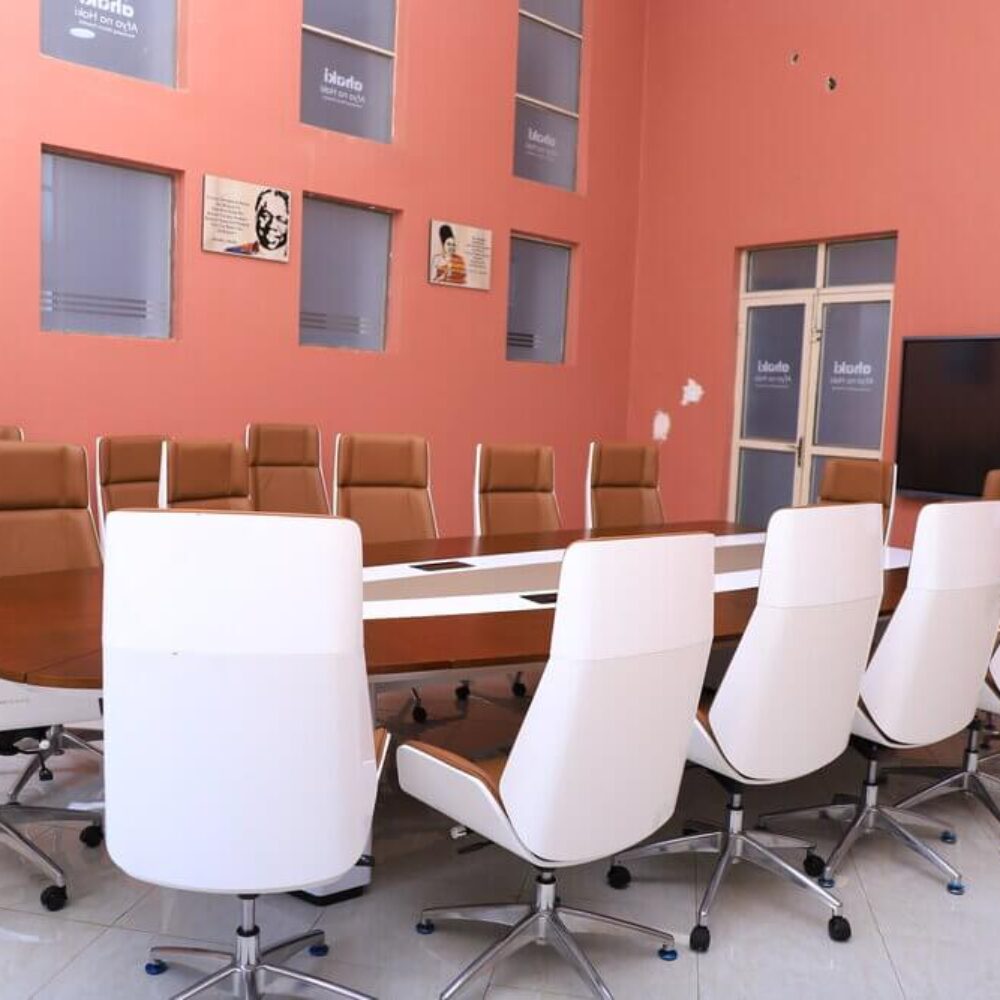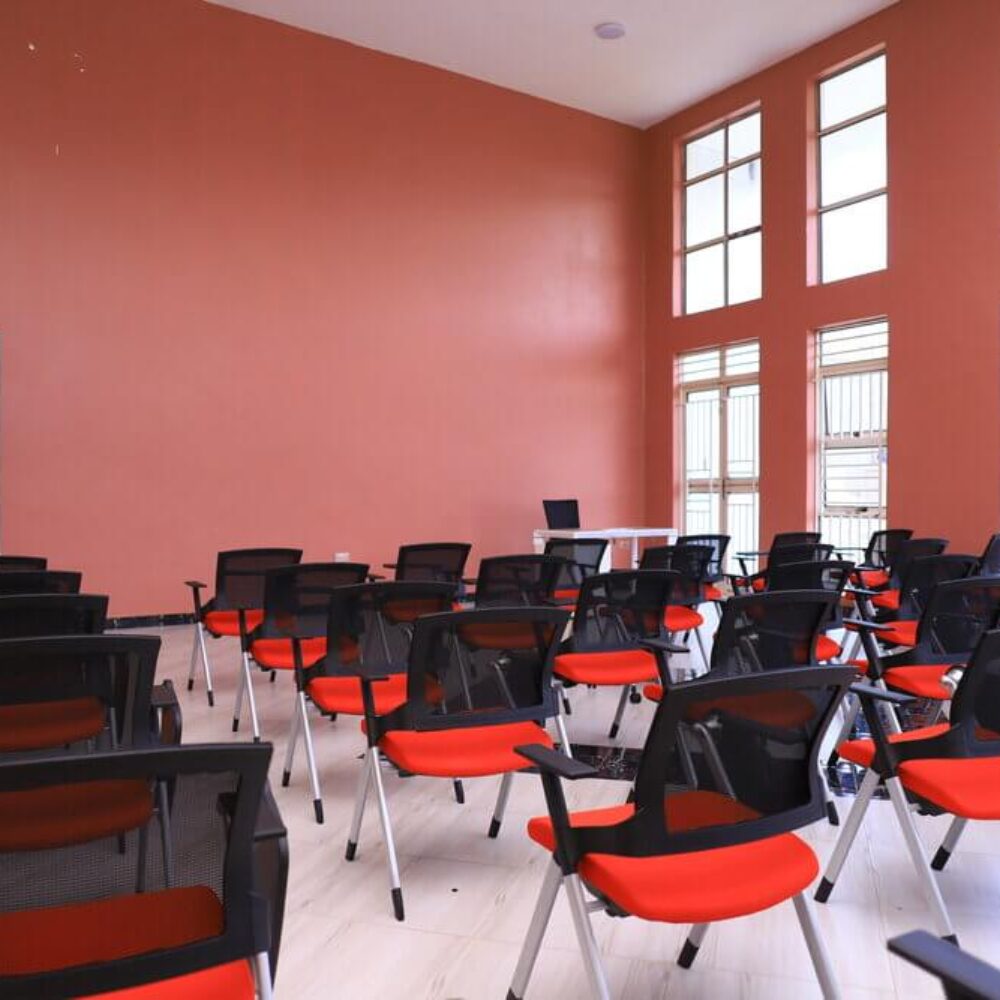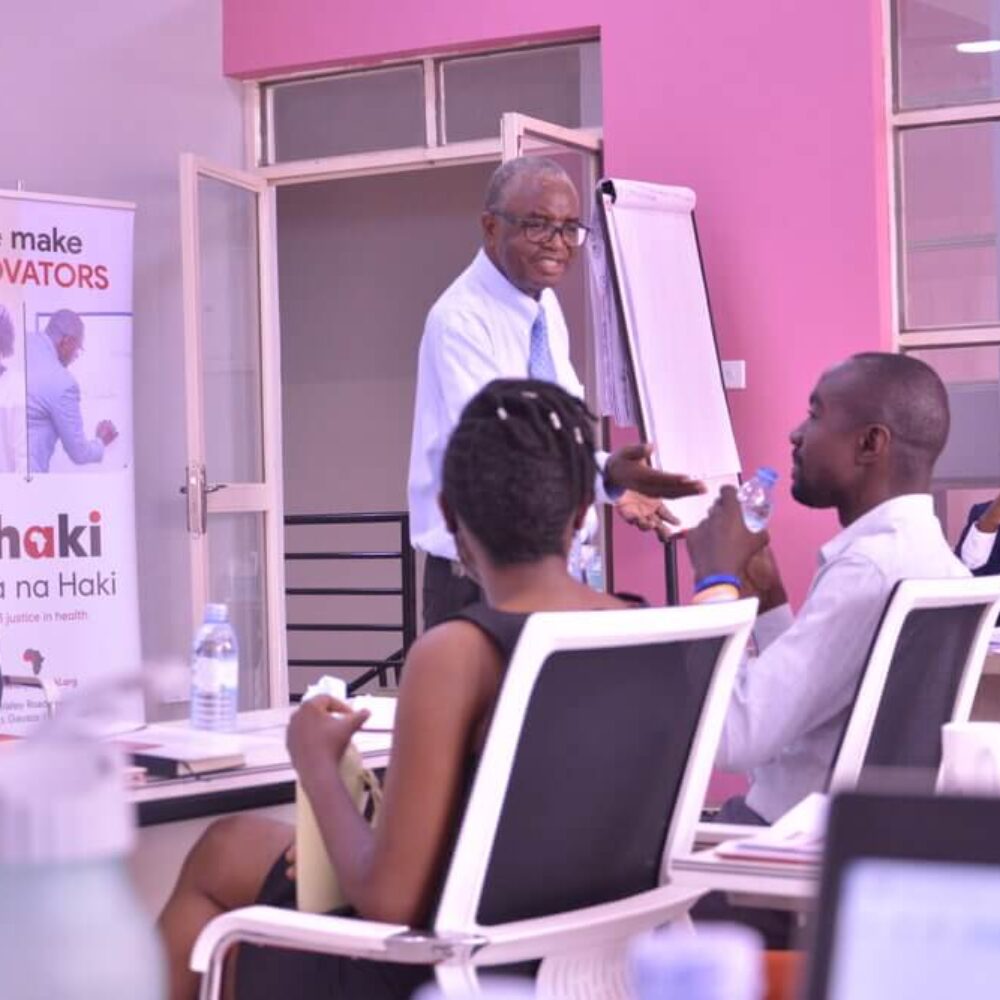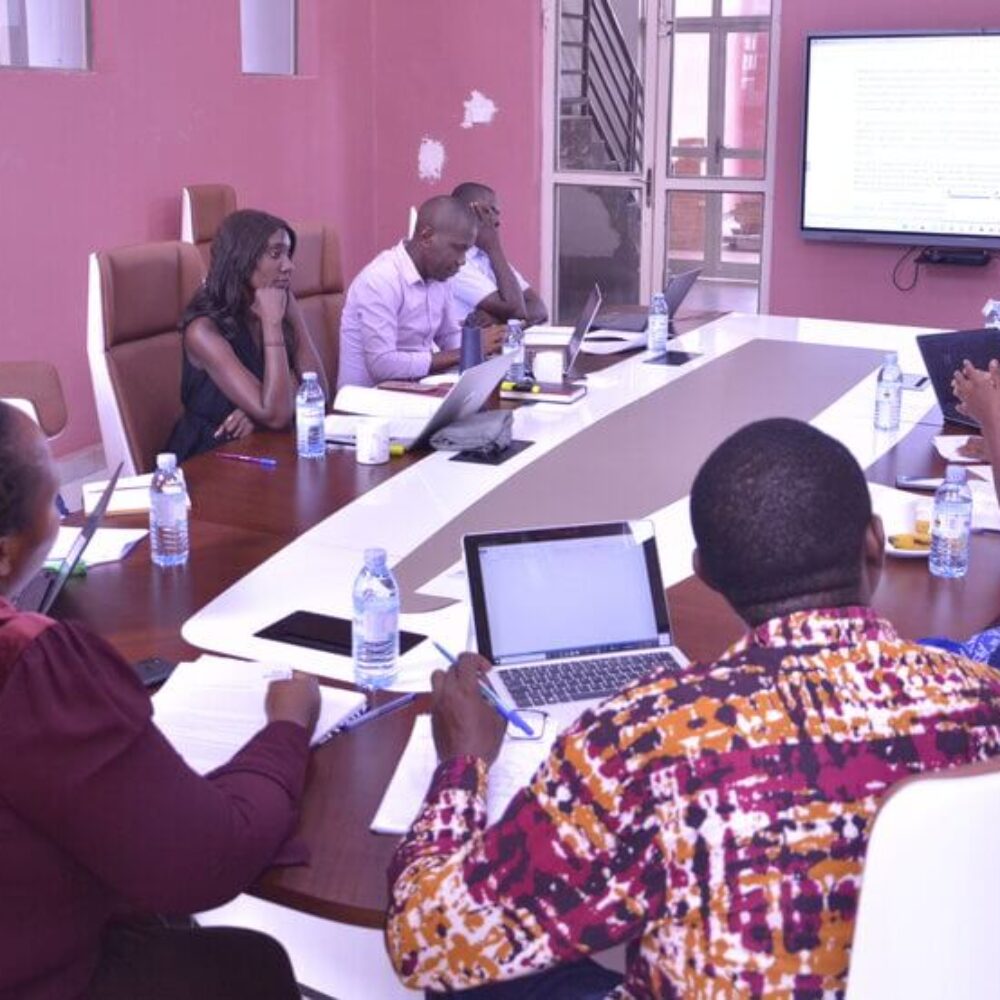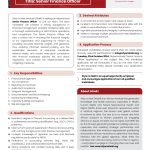The right to health for Persons with Disability in Africa: ratification, adoption and implementation of the African Disability Protocol

Photo credit to Sightsavers Global
According to the World Health Organization, approximately 1.3 billion people globally—around 16% of the world’s population—live with significant disabilities. Many of these individuals encounter substantial disparities in accessing healthcare due to various structural factors, social determinants of health, risk factors, and challenges within health systems. These obstacles are particularly pronounced when it comes to accessing and utilizing sexual and reproductive health services, as well as upholding the reproductive rights of young people with disabilities.
How does the ADP specifically address the needs of persons with disabilities compared to existing frameworks?
Thanks to the ratification of the African Disability Protocol, African states shall ensure that persons with disabilities have, on an equal basis with others, the right to enjoy the highest attainable standard of health. They are also enjoined to take appropriate and effective measures to ensure persons with disabilities have access to health services, including sexual and reproductive health.
The African Disability Protocol (ADP) is a vital legal framework guiding African Union member states in developing disability laws and policies. Inspired by the UN Convention on the Rights of Persons with Disabilities (CRPD), the ADP reflects a social justice approach to health regarding disability. It aligns with the commitment to Leaving No One Behind formulated in the 2030 Agenda for Sustainable Development, Article 16 of the African Charter on Human and Peoples’ Rights, Article 14 of the African Charter on the Rights and Welfare of the Child and Article 14 of the Maputo Protocol.
Africa celebrates the coming into force of the African Disability Protocol, following the ratification by 15 African Union (AU) Member States. This landmark development establishes a robust legal framework aimed at promoting and protecting the rights of persons with disabilities (PWDs) across the continent.
However, it is crucial to recognize that the effective implementation of this Protocol must encompass the specific Sexual and Reproductive Health and Rights (SRHR) needs of persons with disabilities to ensure their full inclusion in society. Recognising the challenges and barriers to accessing comprehensive SRHR services, which are often exacerbated by stigma, discrimination, and lack of awareness. Articles within the Protocol that focus on the rights to legal capacity and access to justice must be interpreted to include the right to make informed choices about one’s sexual and reproductive health, thus ensuring that PWDs can fully exercise their rights without discrimination.
What measures have to be taken by African states to enhance healthcare access for persons with disabilities?
African states are obligated to promote and protect the rights of persons with disabilities by implementing capacity-building initiatives, collecting and disseminating disaggregated data on disabilities, and ensuring the active participation of individuals with disabilities in policy development. They must modify discriminatory policies, promote equal access to employment, and guarantee rights such as freedom of expression and political participation. Additionally, states should engage in international cooperation to share resources and best practices for the effective implementation of these obligations.
To realize the potential of the African Disability Protocol in promoting SRHR for persons with disabilities, Member States must take decisive action. This includes integrating SRHR into national policies and programs, enhancing training for healthcare providers, and ensuring that SRHR services are accessible and inclusive. The Centre for Human Rights calls on all AU Member States, particularly those that have ratified the Protocol, to prioritize the SRHR of persons with disabilities and to work collaboratively with organizations representing PWDs to create a more equitable and just society.
Countries that have ratified the ADP include Angola, Burundi, Cameroon, Republic of the Congo, Kenya, Mali, Malawi, Mozambique, Namibia, Niger, Nigeria, Rwanda, Saharawi Arab Democratic Republic, South Africa, Uganda and Zimbabwe.



